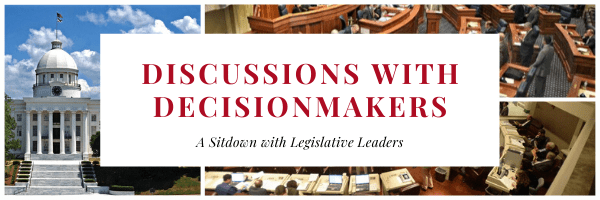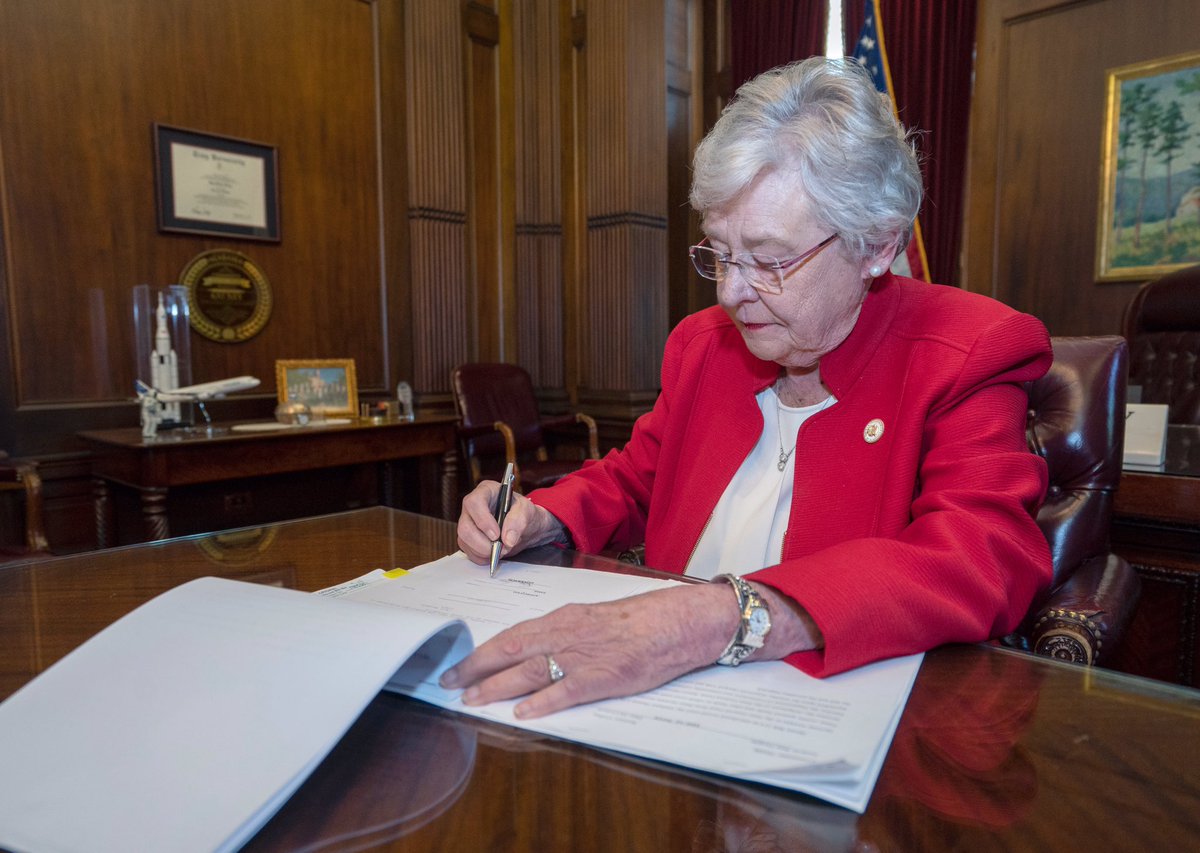Category: Uncategorized
-
Discussions with Decisionmakers: Rep. Rhett Marques
Rep. Marques was elected to the House of Representatives in 2018. He is the owner of Goodson Tire & Auto and lives in Enterprise. He is on the House Health Committee. What first prompted you to consider running office? Since I was in college, I enjoyed the political side of things. I enjoy serving people.…
-

HHS Announces $25.5 Billion in Provider Funding for Covid-19 Relief
More help is on the way for health care providers affected by the Covid-19 pandemic. The U.S. Department of Health and Human Services, through the Health Resources and Services Administration (HRSA), is providing $25.5 billion in new funding. This includes $8.5 billion for the American Rescue Plan (ARP) and $17 billion for Phase 4 of…
-
Discussions with Decisionmakers: Rep. Anthony Daniels
Representative Daniels was elected to the Alabama House of Representatives in 2014. He represents Alabama’s 53rd District covering Madison County. In 2017, he became the youngest person and the first minority to ever become the House Minority Leader in Alabama. He is a graduate of Alabama A&M and is an elementary school teacher by trade.…
-
Rep. Kirk Hatcher Wins the Special General Election for Senate District 26
Democratic Candidate, State Rep. Kirk Hatcher, won the special general election against Republican candidate, William Greene, for Senate District 26 seat on Tuesday, March 2, 2021. The seat was previously held by David Burkette (D). According to the Alabama Political Reporter, Hatcher received 4,565 votes of the 5,827 votes, 78.3%. He vacated his House District…
-
Ben Robbins Wins the Special General Election for House District Seat 33
Republican candidate, Ben Robbins, won the special general election against Democrat candidate, Fred Crum, for house district seat 33 yesterday, Tuesday, January 19, 2021. The house district seat was previously held by Rep. Ron Johnson (R) who passed away on July 14, 2020. According to the Alabama Daily News, Robbins received 2,232 of the 3,269…
-

Major Changes Coming to 2021 E/M Coding
Considerable changes are being made to Medicare outpatient evaluation and management (E/M) codes. The transition will take effect on January 1, 2021 and will likely affect physicians across all specialties. The changes are currently restricted to new and established outpatient visits (CPT codes 99202-99205, 99211-99215) and will impact everyone who assigns codes, manages patient information,…
-

Discussions with Decisionmakers: Finance Director Kelly Butler
About Kelly Butler: Kelly Butler was appointed as the Director of the Alabama Department of Finance by Governor Kay Ivey on December 1, 2018, after serving as acting State Finance Director since August 15, 2018. As the State’s chief financial officer, Butler serves as an advisor to the governor and the Legislature in all financial…
-

Medical Association Recognizes Racism as a Threat to Public Health
At the most recent Board of Censors meeting, the Medical Association of the State of Alabama pledged to recognize and confront racism and racial inequalities within our society and the healthcare system. The Medical Association further recognizes the need to end systemic racism in our country and to work towards a better, fairer, and more…
-

Summary of Liability Protection from Starnes, Davis Florie, LLP
Starnes, Davis, Florie, LLP has drafted a summary with some guidance on documentation for physicians concerning some protection in response to potential liability issues facing physicians during the COVID-19 declared emergency. Governor Ivey’s March 13, 2020 Proclamation declared a state public health emergency. The Proclamation grants certain immunity from lawsuits if a provider in a covered…
-

Medical Cannabis Passes Senate Committee
Last Wednesday, the Alabama Senate Judiciary Committee advanced a bill allowing cannabis to be recommended for up to 15 conditions for medicinal purposes. SB165, informally named the Compassion Act and sponsored by Sen. Tim Melson, M.D., would allow physicians to recommend medical cannabis for conditions such as cancer, anxiety and chronic pain. It would also…